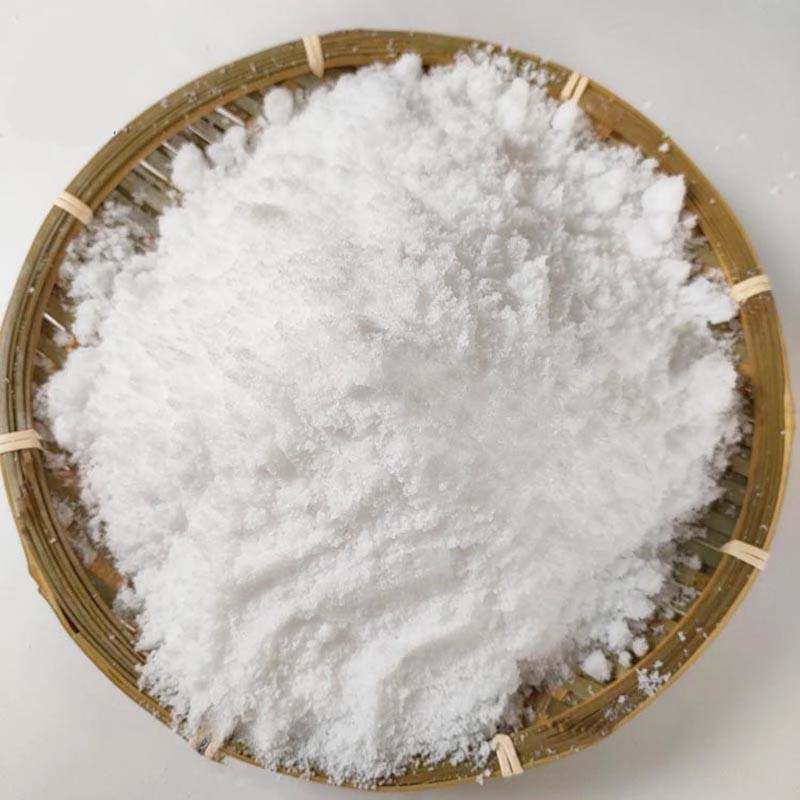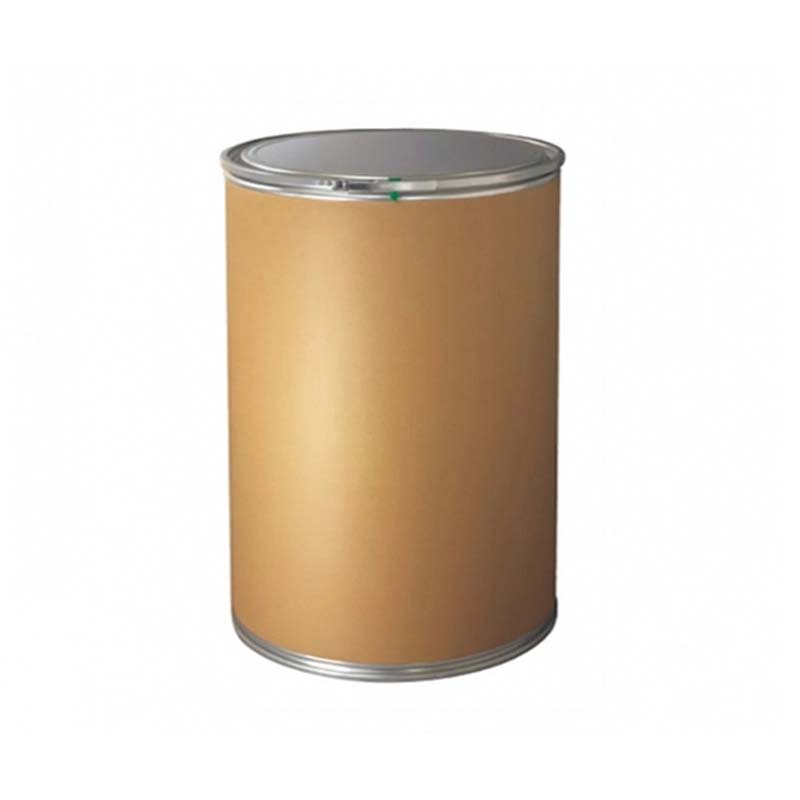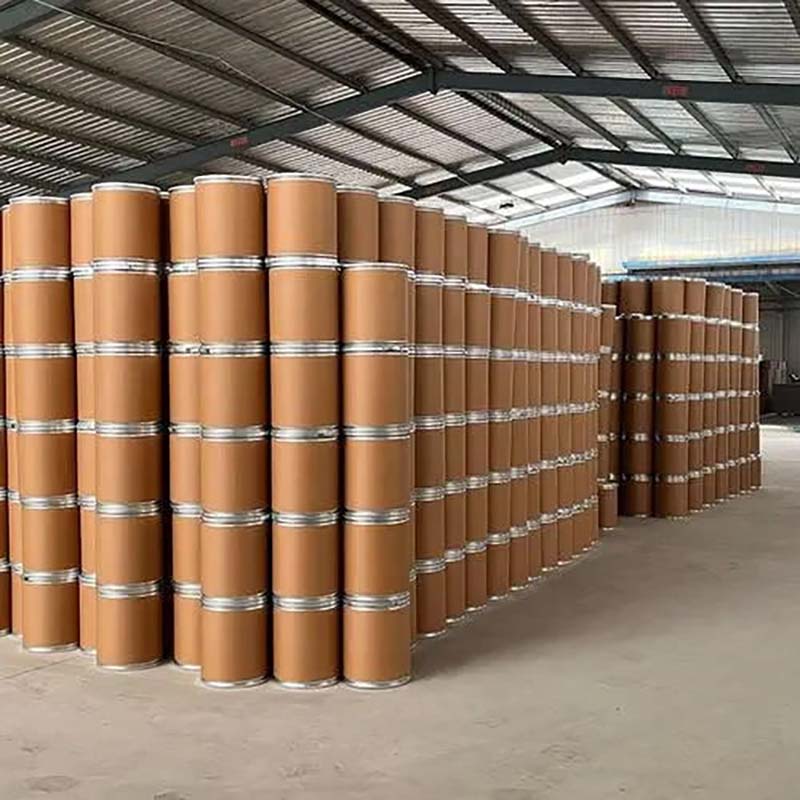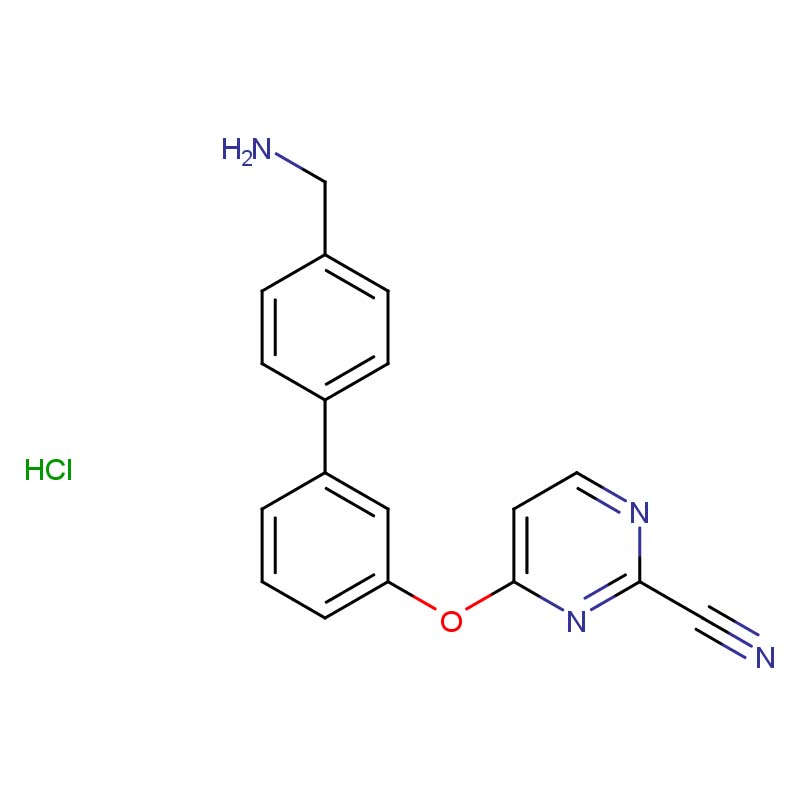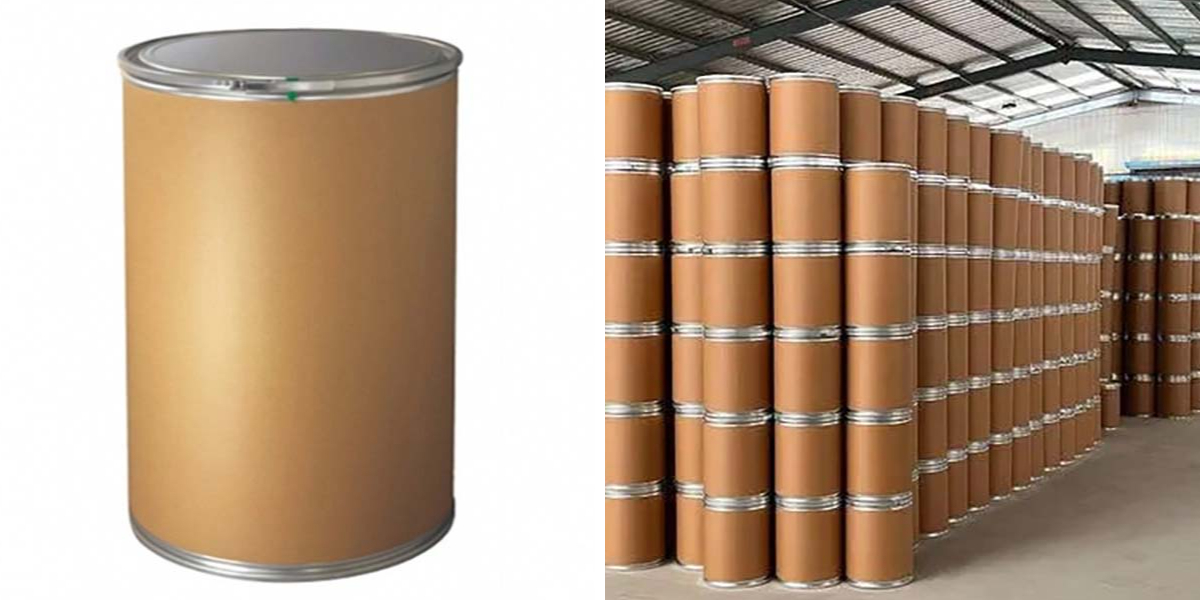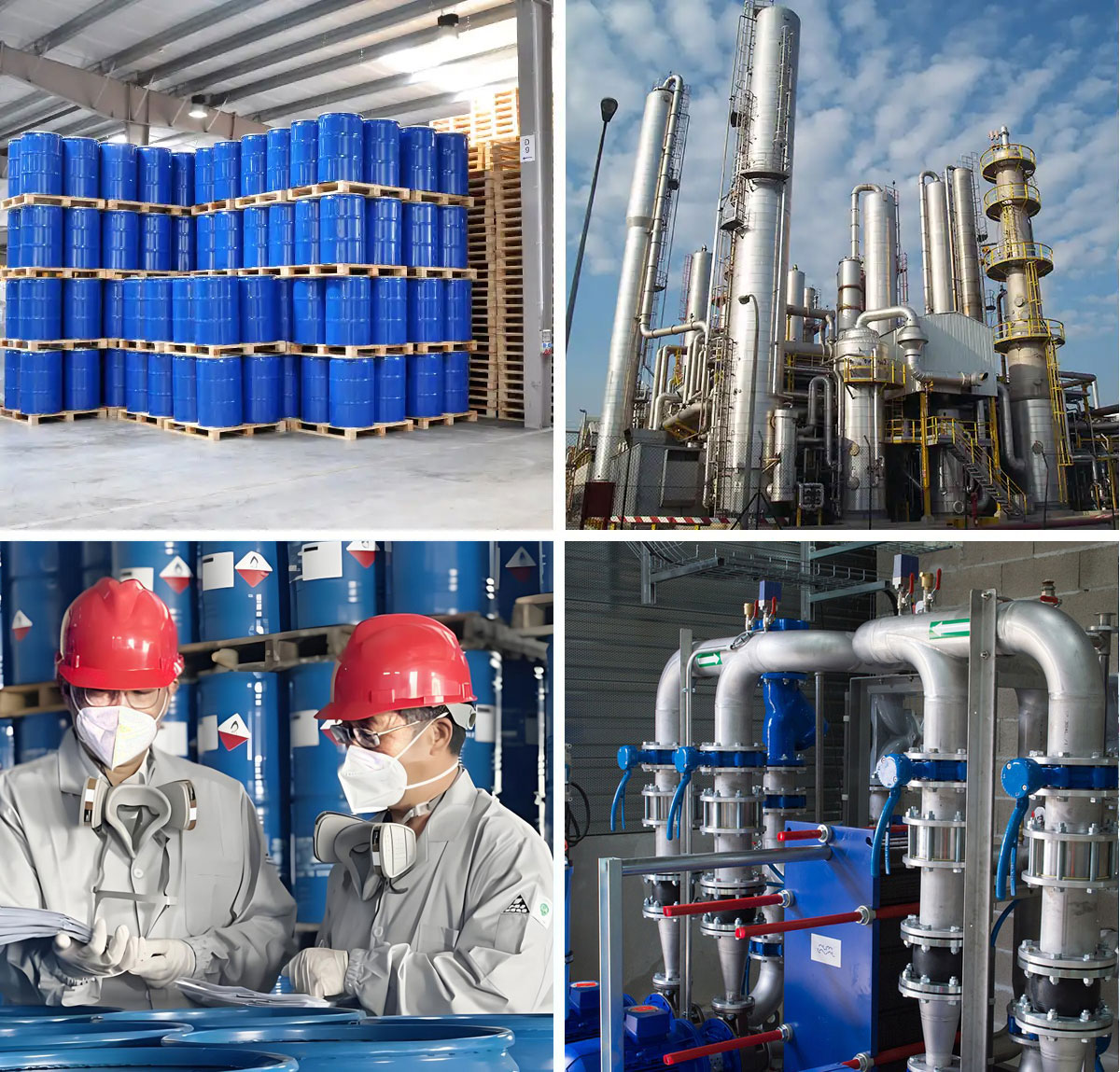PROTEASE
Efficient Protein Hydrolysis: Proteases catalyze the breakdown of proteins by cleaving peptide bonds.
Wide Industrial Applications: Used extensively in detergents, bioremediation, pharmaceuticals, and food processing.
Environmental Role: Contribute to nitrogen mineralization in soil, supporting ecosystem health.
Animal Nutrition: Incorporated into swine and poultry feed as dietary supplements to improve nutrient absorption.
Proteases are enzymes that hydrolyze peptide bonds, facilitating protein breakdown. They find extensive use across industries such as detergents, bioremediation, pharmaceuticals, and food processing. Beyond industrial applications, proteases aid nitrogen mineralization in soil and are incorporated into swine and poultry feed to enhance nutritional value.
PROTEASE Chemical Properties
Storage temp | 2-8°C |
Solubility | H2O: 5-20 mg/mL |
Form | |
Color | white |
Biological source | Streptomyces griseus |
Water Solubility | water: soluble 10-20g/L |
Specific Activity | ≥5units/mg solid |
EPA Substance Registry System | Proteinase (9001-92-7) |
Safety Information
Hazard Codes | Xn |
Risk Statements | 37/38-41-42-36/37/38 |
Safety Statements | 23-24-26-36/37/39-36/37-22-45 |
WGK Germany | 3 |
RTECS | UK9595000 |
F | 3-10 |
HS Code | 35079010 |
Toxicity | LD50 ipr-mus: 45 mg/kg CYLPDN 4,214,83 |
Protease (CAS No.: 9001-92-7) is an enzyme that accelerates protein hydrolysis and finds broad industrial use. In food applications, it enhances meat tenderness, supports fermentation processes, improves baked goods, aids dairy production, and contributes to digestive supplement formulation. In the detergent sector, protease efficiently targets and removes protein-based stains, including blood and milk residues. Additionally, in medical and biopharmaceutical fields, it is employed for peptide extraction, wound care, and the preparation of diagnostic reagents.



